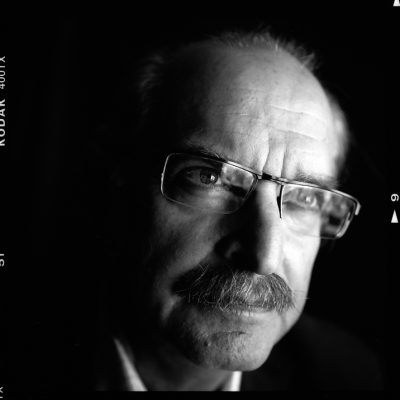
Thursday, March 1, 2018
6:00 to 8:00 pm
The Hope Club
6 Benevolent Street
Providence, RI
Biography
Paul Guyer (AB, PhD, Harvard) is the Jonathan Nelson Professor of Humanities and Philosophy. Before coming to Brown in 2012, he was the Florence R.C. Murray Professor in the Humanities at the University of Pennsylvania. He is the author, editor, and/or translator of twenty-five books, many concerning the philosophy of Immanuel Kant. His most recent book in Kant is Virtues of Freedom (2016), a collection of his essays on Kant's moral philosophy. His three-volume History of Modern Aesthetics was published in 2014. His fellowships have included a Guggenheim, two National Endowment for the Humanities Fellowship, the Daimler Fellowship of the American Academy in Berlin, and an Alexander von Humboldt Foundation Research Prize. He is a Fellow of the American Academy of Arts and Sciences.
Overview
In this time of increasing controversy over the separation of church and state, it may be useful to look back at the arguments for such separation of two great Enlightenment philosophers, Moses Mendelssohn and Immanuel Kant. Both strongly advocated such separation, but their arguments were not identical. Mendelssohn, following in the tradition of John Locke and similarly to his own contemporary James Madison, argued for the separation on the premise that only freely adopted inner conviction of the central truths of religion is religiously important -- in other words, he argued for religious liberty on a religious premise. Kant, however, argued for it as a straightforward corollary of what he regarded as the innate right of every human being to freedom of thought and speech, indeed to every freedom of action that does not directly restrict the like freedom of others. I suggest the latter approach is more promising in a situation of religious pluralism where no religious premise may be universally shared.
